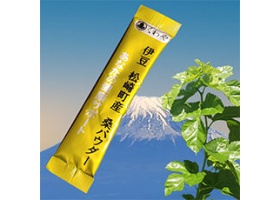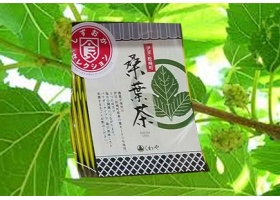About Us
There are two sides to this story: the story of Matsuzaki Kuwa Farm and the story of myself, Jim Parker. Together, they have come to form one path.
Matsuzaki is a small town on the western coast of the Izu Peninsula. Unlike most coastal towns in the region, which are built around fishing, Matsuzaki, for the most part, has always been rooted in agriculture. Two rivers cut through the town, nourishing fields of rice, vegetables, and, most importantly for this story, mulberry (kuwa).
For many years, Matsuzaki was far more isolated than its closeness to Tokyo might suggest. Until about 1953, when the first coastal road was built, transportation was limited to ships or long footpaths over the mountains to reach the rail lines of the eastern peninsula.
And yet, Matsuzaki thrived. It was an early leader in education, establishing one of Japan’s first Western-style schools in 1880. Built at what would equal tens of millions of yen today, this investment was extraordinary for a rural community. But Matsuzaki’s people were forward-thinking, willing to invest heavily in the future of their children.
The town’s prosperity came from three products shipped to Tokyo: quarried stone, charcoal, and mulberry leaves for silk production. Over time, stone lost its demand, charcoal gave way to electricity and petroleum, and silk was replaced by synthetics. Matsuzaki’s fortunes declined, its population shrinking from 12,000 in 1960 to about 6,000 today, while the average age has risen to well over fifty.
Still, history has a way of circling back. Just as the town once invested in education, today it has turned again to its roots, drawing on its land, its knowledge, and its culture to revive the mulberry—not for silk this time, but for health. The cultivation of mulberry and the production of kuwa powder have become both a symbol of renewal for the town and a product of growing importance to the wider world.
And at the center of this revival stands Mr. Takahashi, the Matsuzaki entreprenuer, that I would later meet in a small shop in Matsuzaki. It was through him, and through the people of Matsuzaki Kuwa Farm, that I became a part of this story.


